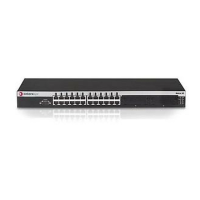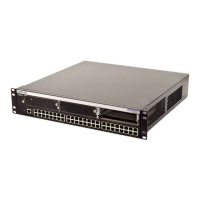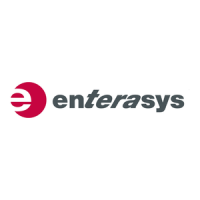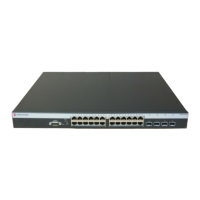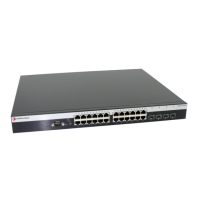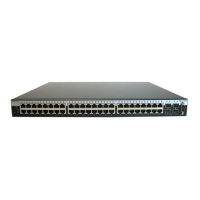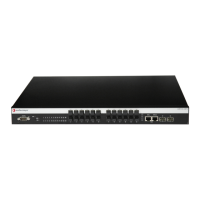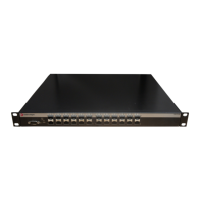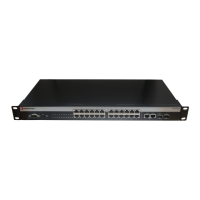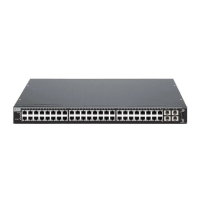Policy Classification Configuration Command Set
Assigning Classification Rules to Policy Profiles
Matrix DFE-Platinum and Diamond Series Configuration Guide 8-33
8.3.2.4 set policy rule
Use this command to assign incoming untagged frames to a specific policy profile and to VLAN or
Class-of-Service classification rules.
set policy rule admin-profile | profile-index {ether | icmptype | ipfrag | ipproto
| ipdestsocket | ipsourcesocket | iptos | ipxclass | ipxdest | ipxsource |
ipxdestsocket | ipxsourcesocket | ipxtype | llcDsapSsap | macdest | macsource |
| tci | port | tcpdestportip | tcpsourceportip | udpdestportip | udpsourceportip|
vlantag} data [mask mask] [port-string port-string] [storage-type {non-volatile
| volatile}] [vlan vlan] | [drop | forward] [admin-pid admin-pid] [cos cos] [syslog
{enable | disable}][trap {enable
| disable}] [disable-port {enable | disable}]
Syntax Description
NOTE: Classification rules are automatically enabled when created.
admin-profile |
profile-index
Specifies that this is an administrative rule or associates
this classification rule with a policy profile index
configured with the set policy profile command
(Section 8.3.1.2). Valid profile-index values are 1- 1023.
NOTE: Admin profiles can be assigned to a
specific ingress port by specifying port-string
and admin-pid values as described below.
ether Classifies based on type field in Ethernet II packet.
icmptype Classifies based on ICMP type.
ipdestsocket Classifies based on destination IP address with optional
post-fixed port.
ipfrag Classifies based on IP fragmentation value.
ipproto Classifies based on protocol field in IP packet.
ipsourcesocket Classifies based on source IP address with optional
post-fixed port.
iptos Classifies based on Type of Service field in IP packet.
ipxclass Classifies based on transmission control in IPX.
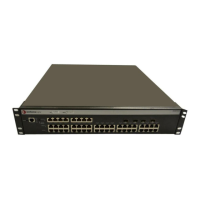
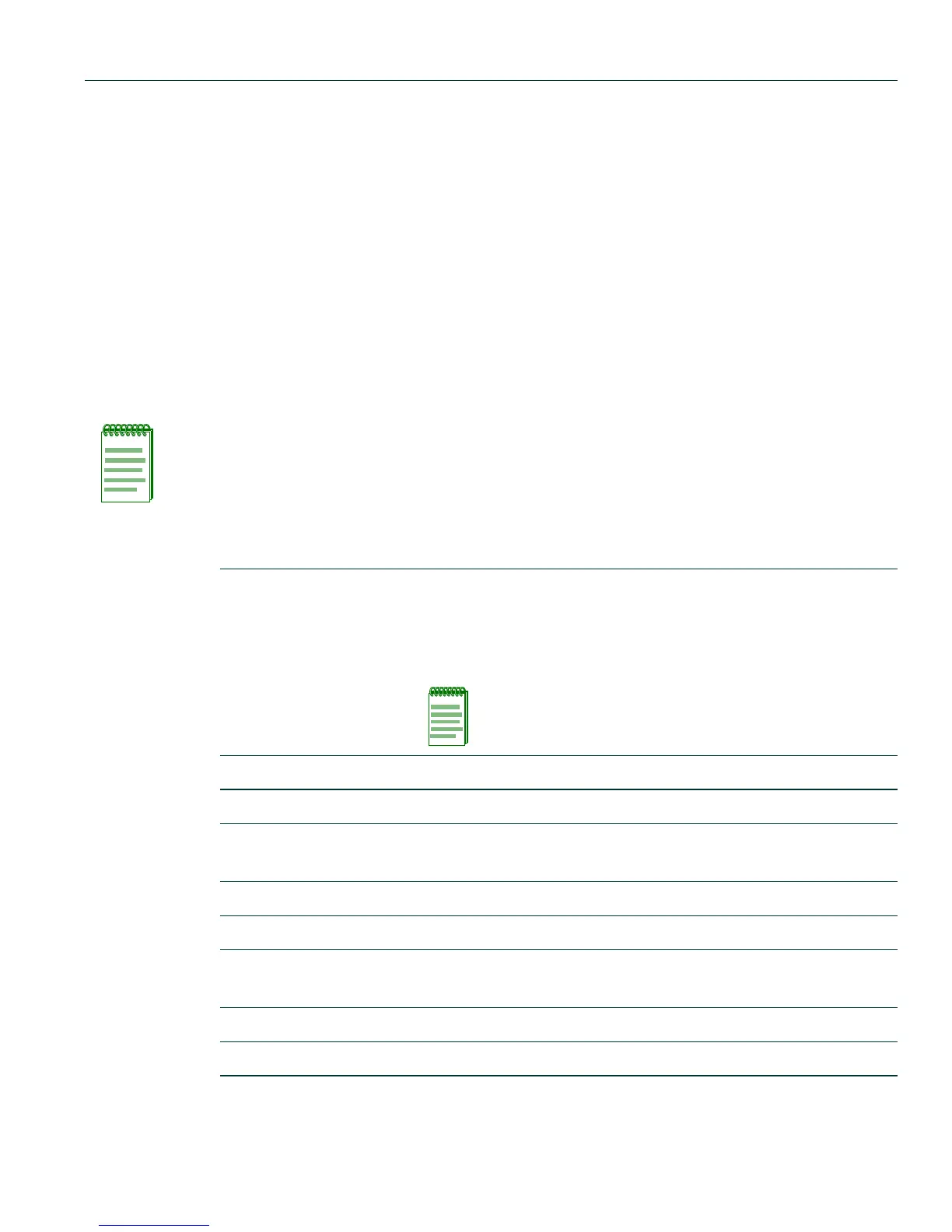